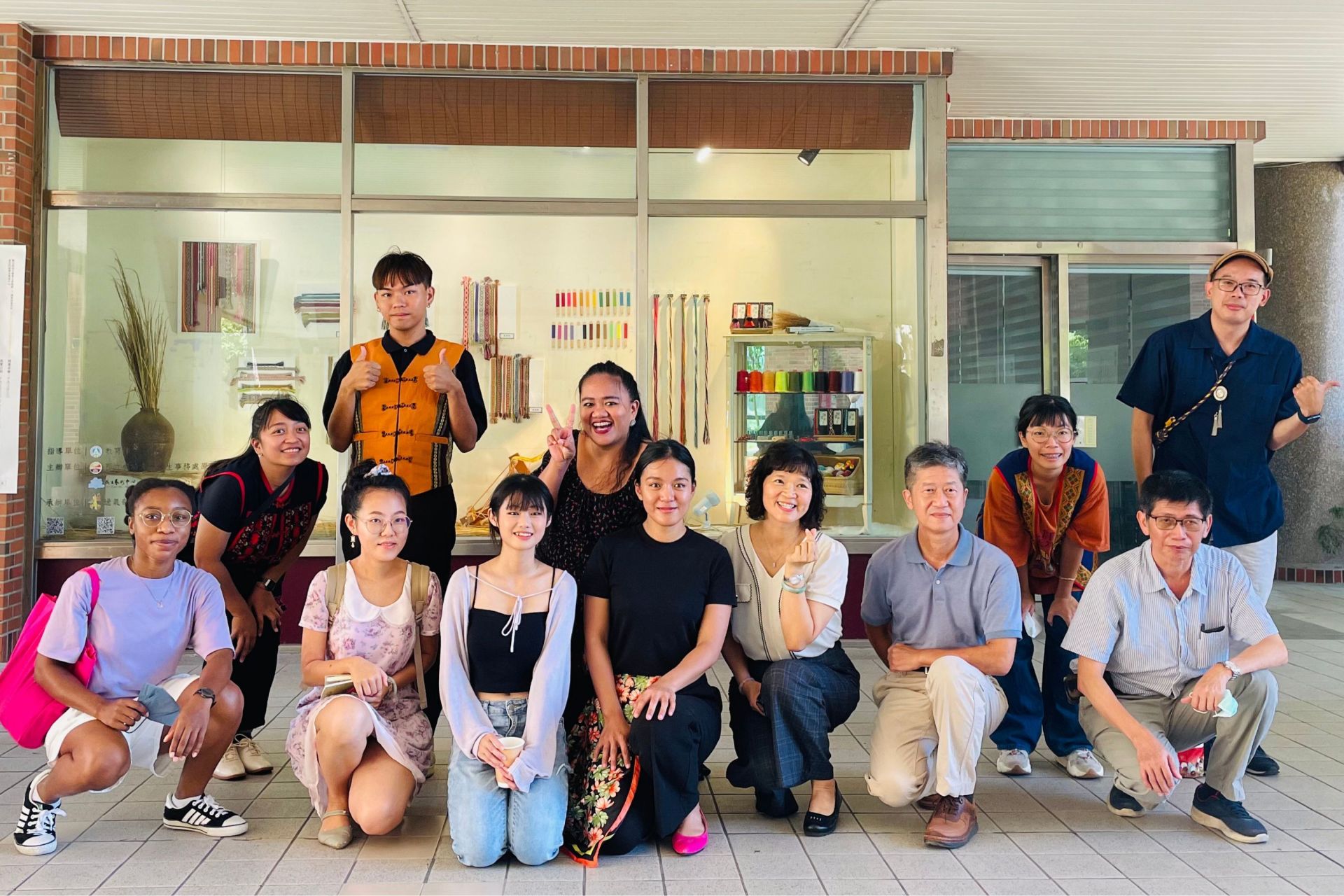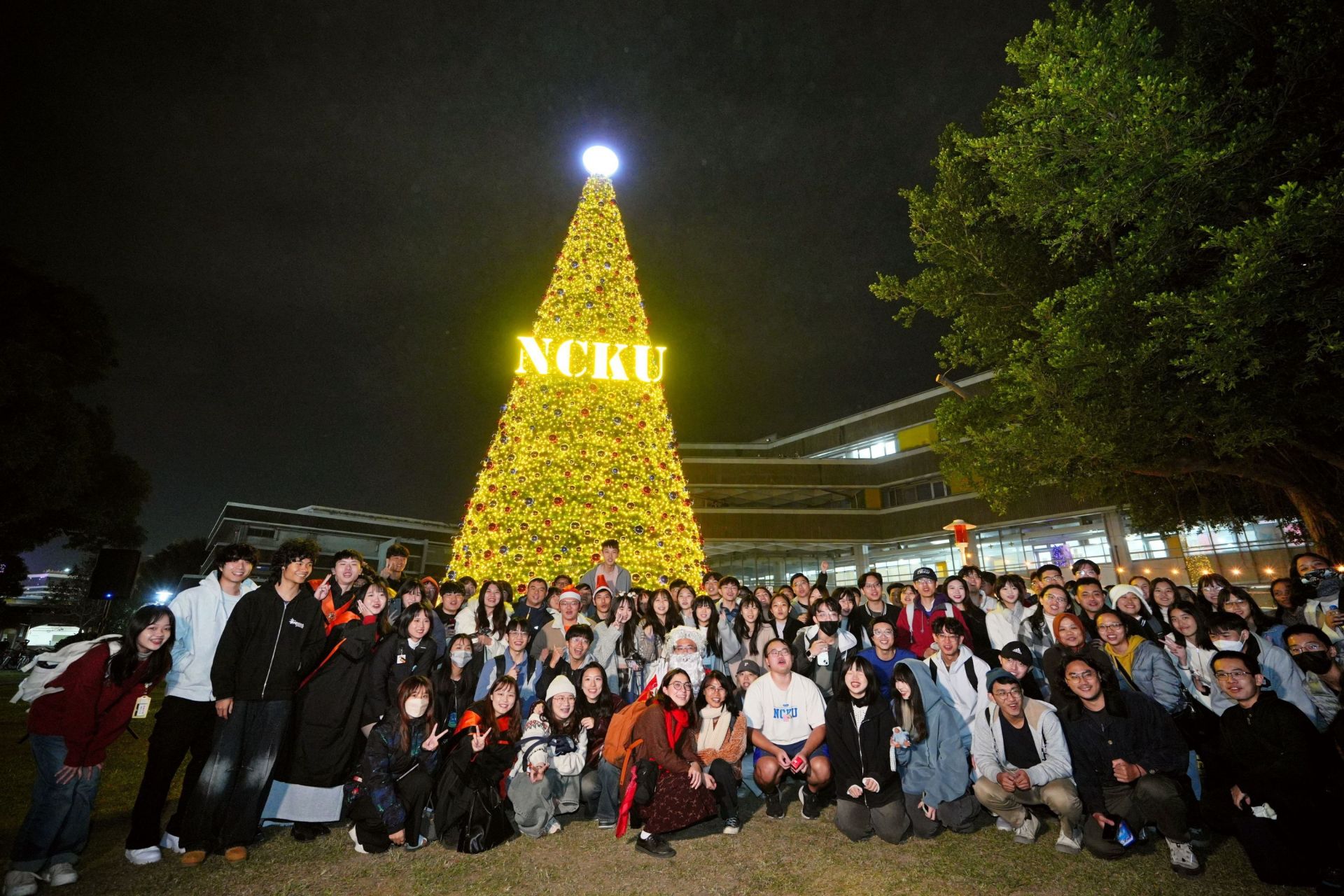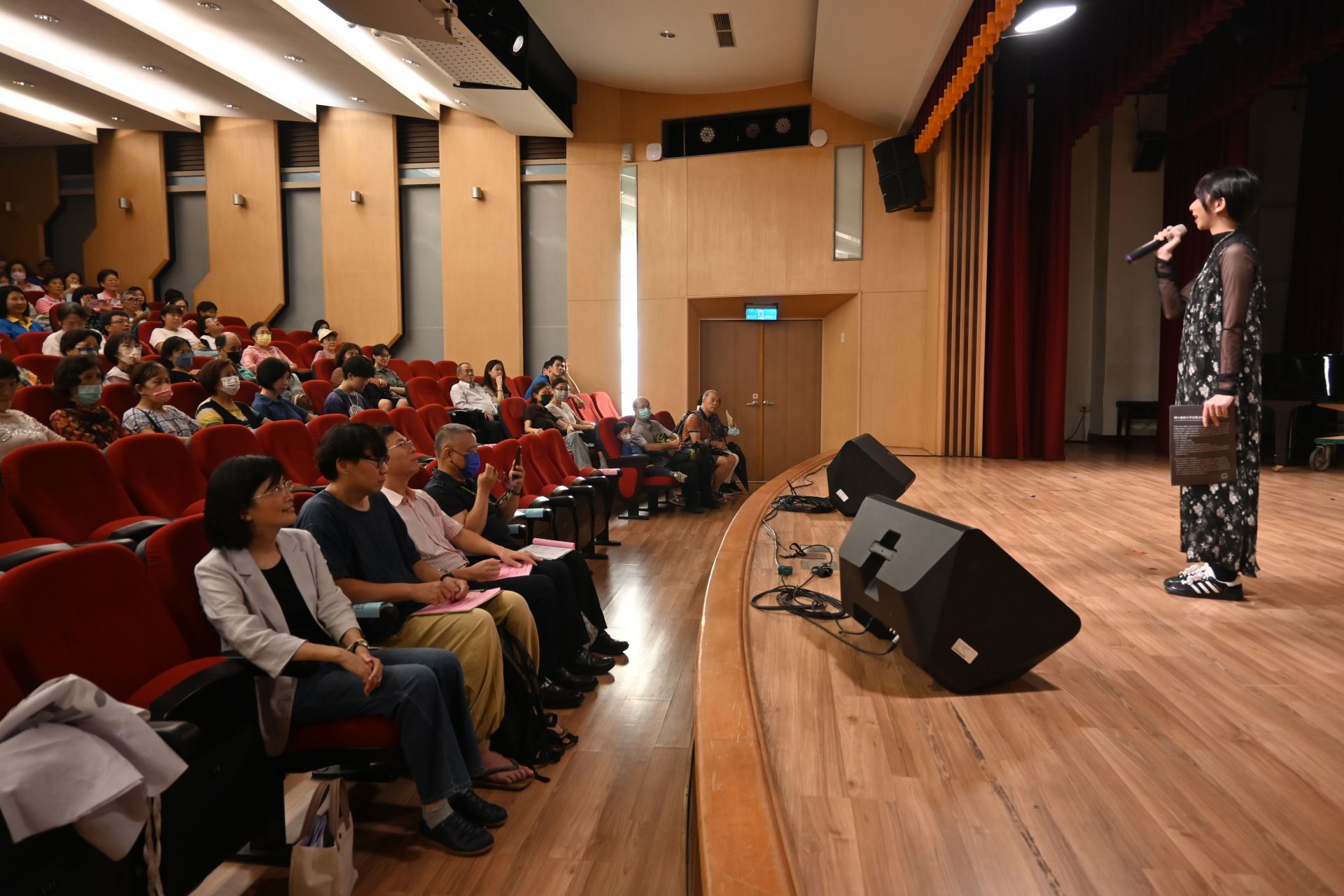SDG11
USR Series: Wasteland Collaboration for Shared Well-being, Fostering New Urban-Rural Relationships
National Cheng Kung University (NCKU) Associate Professors Hsiu-Tzu Chang, Wei-Ju Huang, and Sheng-Fen Chien, from the Department of Urban Planning, have joined forces with faculty and students from nine departments across five colleges at NCKU, as well as community partners in Tainan and Kaohsiung, to establish the "Wasteland Collaboration" team. This long-term initiative focuses on the development of the southwestern wasteland and shallow mountainous areas in Taiwan, aiming to promote new urban-rural relationships. In 2023, the project has once again been approved as part of the Ministry of Education's University Social Responsibility (USR) program and has been selected as one of the "2023 Parent-Child World 100 Educational Innovation Practices" teams.
The 2.0 phase of the USR project centers on building "empathy," aspiring for USR to become a cultural spirit. The goal is for teachers, students, community partners, and public and private sectors involved to become "wasteland advocates," realizing a vision of sustainable mutual well-being.
Since 2014, the "Wasteland Collaboration" has evolved into the NCKU People and Social Center's Humanistic Innovation and Social Practice Program. Over the course of ten years, it has integrated interdisciplinary teaching, research, service, and counseling practices between university and local partners. The project has become an inspiring journey for the NCKU team, collaborating with the local community to build dreams and work steadfastly.
In terms of population, Luzhu and Longqi in Tainan face severe outward migration issues, being recognized as areas at risk of facing a village crisis under Taiwan's local regeneration policy. However, through the initiative, community residents have actively participated in and witnessed changes in their localities. Initiatives like the Luzhu Sugar Iron and the completion of the square of the Sugarcane Field at the old Luzhu train station have transitioned from creative solutions in the classroom to practical paths in real life. This has not only improved the positive image of their hometowns but has also transformed the perception of urban planning professionals working in rural areas.
The southwestern mudstone wasteland in Taiwan is mainly located in shallow mountainous areas, approximately an hour's drive from the city. The "Wasteland Collaboration" team aims to connect the development needs of these regions with the desire of urban residents to engage with nature. They hope to help struggling villages find a sustainable development path and provide team members with opportunities for continuous innovation. The initiative has successfully connected Tainan Luzhu and Longqi with Kaohsiung Tianliao and Neimen in the 1.0 phase of the USR project. The 2.0 phase extends further to include Tainan Xinhua, Guanmiao, and Kaohsiung Qishan, intending to connect surrounding towns and promote lifelong education. The team aims to overturn the stereotypical image of wastelands, making them regional centers for resilient living.
Prof. Hsiu-Tzu Chang emphasized the importance of collaboration within the team, stating that when everyone works together, they can harness various forces. The team currently integrates teaching, research, service, and counseling, connecting the university with an open learning environment for the community. The team adopts the Dutch concept of the "Green Heart" and coexistence with nature to rethink the relationship between urban and rural areas. The unique geographical environment of southwestern Taiwan serves as the starting point for community development. In the 1.0 phase, the project connected Tainan Luzhu, Longqi, and Kaohsiung Tianliao and Neimen, and in the 2.0 phase, it expands to include Tainan Xinhua, Guanmiao, and Kaohsiung Qishan. The goal is to link surrounding towns and create an educational center for all ages, transforming the wastelands from peripheral and stereotypical images into regional centers for lifelong learning.
Prof. Chang expressed that while the 1.0 project focused on collaboration and action, the goal of the 2.0 phase is to establish "empathy." The team aims to increase the sense of identity in the local communities, expand the involvement of teachers and students, and connect with various stakeholders. Importantly, they hope to convey that USR is not just a glory for the university but also a force that can accompany everyone forward. Prof. Chang briefly outlined the project's strategies, methods, and goals as "Three News, Five Goods, and Three Shared": the team of twelve teachers operates the teacher community through the three main strategies of "New Experience," "New Industry," and "New Information." The "Five Goods" include promoting five positive initiatives, such as encouraging more "teacher and student participation," fostering talent in various aspects, continuously connecting university and local resources and needs for "field operation," diffusing the "experience" of wasteland collaboration through various channels, and pursuing "sustainable development" by linking international trends and policies. The ultimate goal is to achieve the "Three Shared" objective of "sharing, doing, and empathizing."
Prof. Chang highlighted the importance of honesty and patience in the collaboration process. She emphasized that engaging in USR does not mean acting as saviors. Professional knowledge may not fully address the needs, and there may be challenges where everyone needs to learn together. Thus, honesty about the limitations of professional capabilities and mutual learning is essential for building a supportive system and ensuring long-term companionship.
Looking back on the initial connection with Luzhu, Prof. Chang emphasized the importance of being "honest" and having the patience to work "steadily" and "persistently." She humbly and candidly stated, "Engaging in USR is not about being a savior. Professional knowledge may not be able to fully meet the needs. There are times when we are powerless and need to learn again. Therefore, honestly informing the community of the limits of professional abilities and learning together is crucial. Only by turning setbacks and challenges encountered during the process into motivation and energy can we continue to move forward."
The 2.0 phase of the USR project centers on building "empathy," aspiring for USR to become a cultural spirit. The goal is for teachers, students, community partners, and public and private sectors involved to become "wasteland advocates," realizing a vision of sustainable mutual well-being.
Since 2014, the "Wasteland Collaboration" has evolved into the NCKU People and Social Center's Humanistic Innovation and Social Practice Program. Over the course of ten years, it has integrated interdisciplinary teaching, research, service, and counseling practices between university and local partners. The project has become an inspiring journey for the NCKU team, collaborating with the local community to build dreams and work steadfastly.
In terms of population, Luzhu and Longqi in Tainan face severe outward migration issues, being recognized as areas at risk of facing a village crisis under Taiwan's local regeneration policy. However, through the initiative, community residents have actively participated in and witnessed changes in their localities. Initiatives like the Luzhu Sugar Iron and the completion of the square of the Sugarcane Field at the old Luzhu train station have transitioned from creative solutions in the classroom to practical paths in real life. This has not only improved the positive image of their hometowns but has also transformed the perception of urban planning professionals working in rural areas.
The southwestern mudstone wasteland in Taiwan is mainly located in shallow mountainous areas, approximately an hour's drive from the city. The "Wasteland Collaboration" team aims to connect the development needs of these regions with the desire of urban residents to engage with nature. They hope to help struggling villages find a sustainable development path and provide team members with opportunities for continuous innovation. The initiative has successfully connected Tainan Luzhu and Longqi with Kaohsiung Tianliao and Neimen in the 1.0 phase of the USR project. The 2.0 phase extends further to include Tainan Xinhua, Guanmiao, and Kaohsiung Qishan, intending to connect surrounding towns and promote lifelong education. The team aims to overturn the stereotypical image of wastelands, making them regional centers for resilient living.
Prof. Hsiu-Tzu Chang emphasized the importance of collaboration within the team, stating that when everyone works together, they can harness various forces. The team currently integrates teaching, research, service, and counseling, connecting the university with an open learning environment for the community. The team adopts the Dutch concept of the "Green Heart" and coexistence with nature to rethink the relationship between urban and rural areas. The unique geographical environment of southwestern Taiwan serves as the starting point for community development. In the 1.0 phase, the project connected Tainan Luzhu, Longqi, and Kaohsiung Tianliao and Neimen, and in the 2.0 phase, it expands to include Tainan Xinhua, Guanmiao, and Kaohsiung Qishan. The goal is to link surrounding towns and create an educational center for all ages, transforming the wastelands from peripheral and stereotypical images into regional centers for lifelong learning.
Prof. Chang expressed that while the 1.0 project focused on collaboration and action, the goal of the 2.0 phase is to establish "empathy." The team aims to increase the sense of identity in the local communities, expand the involvement of teachers and students, and connect with various stakeholders. Importantly, they hope to convey that USR is not just a glory for the university but also a force that can accompany everyone forward. Prof. Chang briefly outlined the project's strategies, methods, and goals as "Three News, Five Goods, and Three Shared": the team of twelve teachers operates the teacher community through the three main strategies of "New Experience," "New Industry," and "New Information." The "Five Goods" include promoting five positive initiatives, such as encouraging more "teacher and student participation," fostering talent in various aspects, continuously connecting university and local resources and needs for "field operation," diffusing the "experience" of wasteland collaboration through various channels, and pursuing "sustainable development" by linking international trends and policies. The ultimate goal is to achieve the "Three Shared" objective of "sharing, doing, and empathizing."
Prof. Chang highlighted the importance of honesty and patience in the collaboration process. She emphasized that engaging in USR does not mean acting as saviors. Professional knowledge may not fully address the needs, and there may be challenges where everyone needs to learn together. Thus, honesty about the limitations of professional capabilities and mutual learning is essential for building a supportive system and ensuring long-term companionship.
Looking back on the initial connection with Luzhu, Prof. Chang emphasized the importance of being "honest" and having the patience to work "steadily" and "persistently." She humbly and candidly stated, "Engaging in USR is not about being a savior. Professional knowledge may not be able to fully meet the needs. There are times when we are powerless and need to learn again. Therefore, honestly informing the community of the limits of professional abilities and learning together is crucial. Only by turning setbacks and challenges encountered during the process into motivation and energy can we continue to move forward."
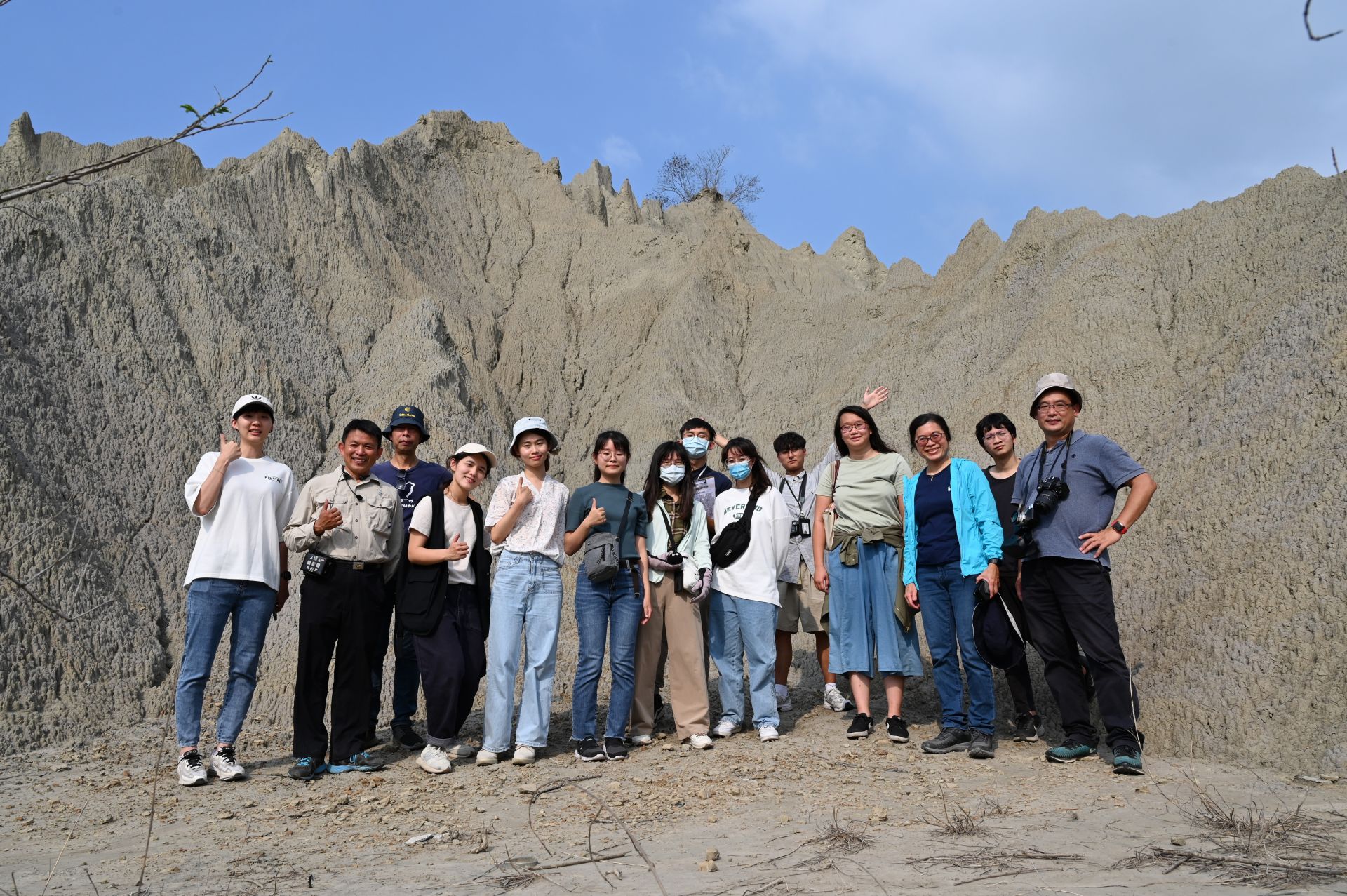
NCKU Professors and Students Collaborate for Sustainable Development in Taiwan's Southwest
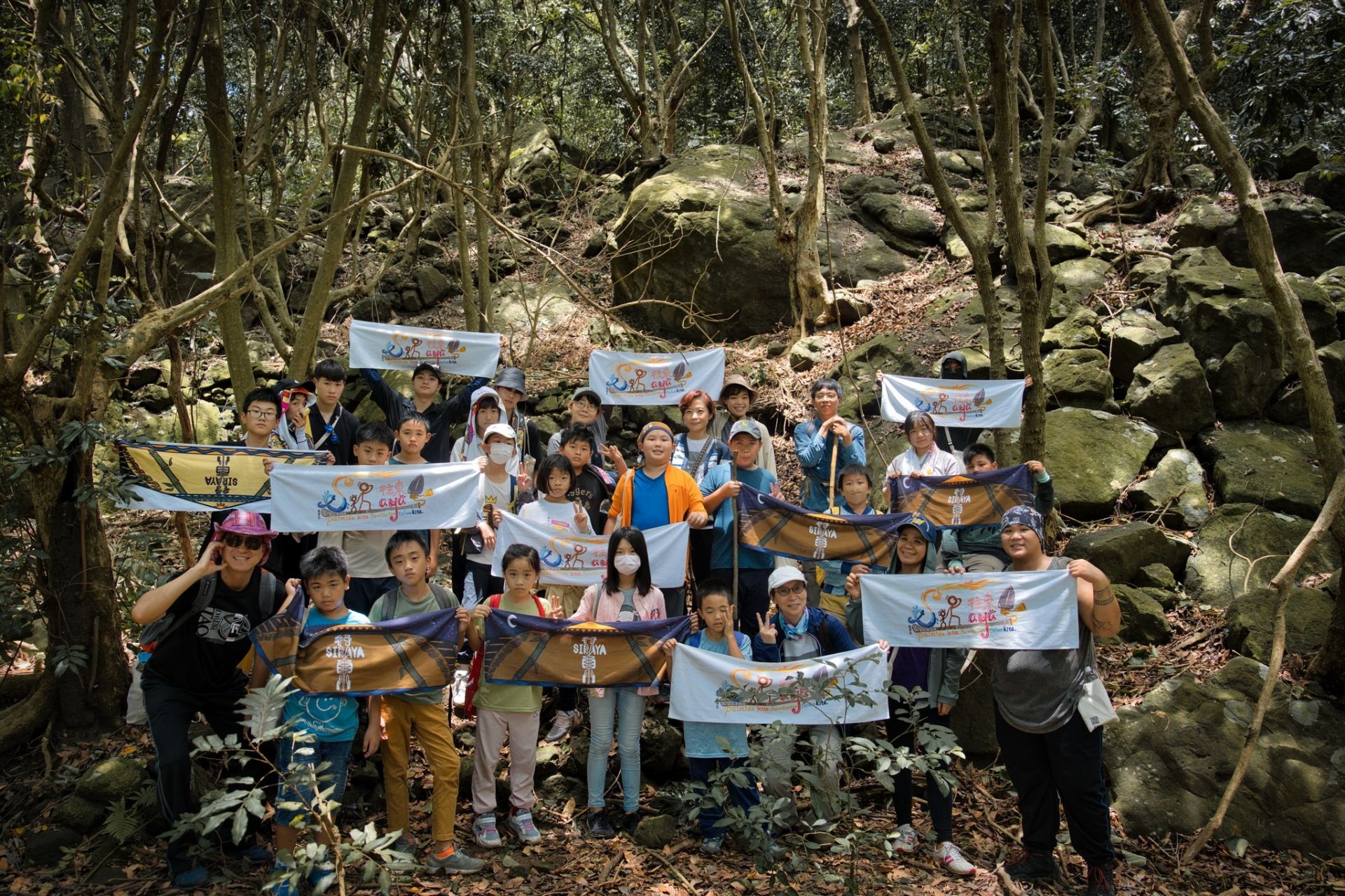
Empowering Communities: NCKU's 10-Year Journey with 'Wasteland Collaboration'
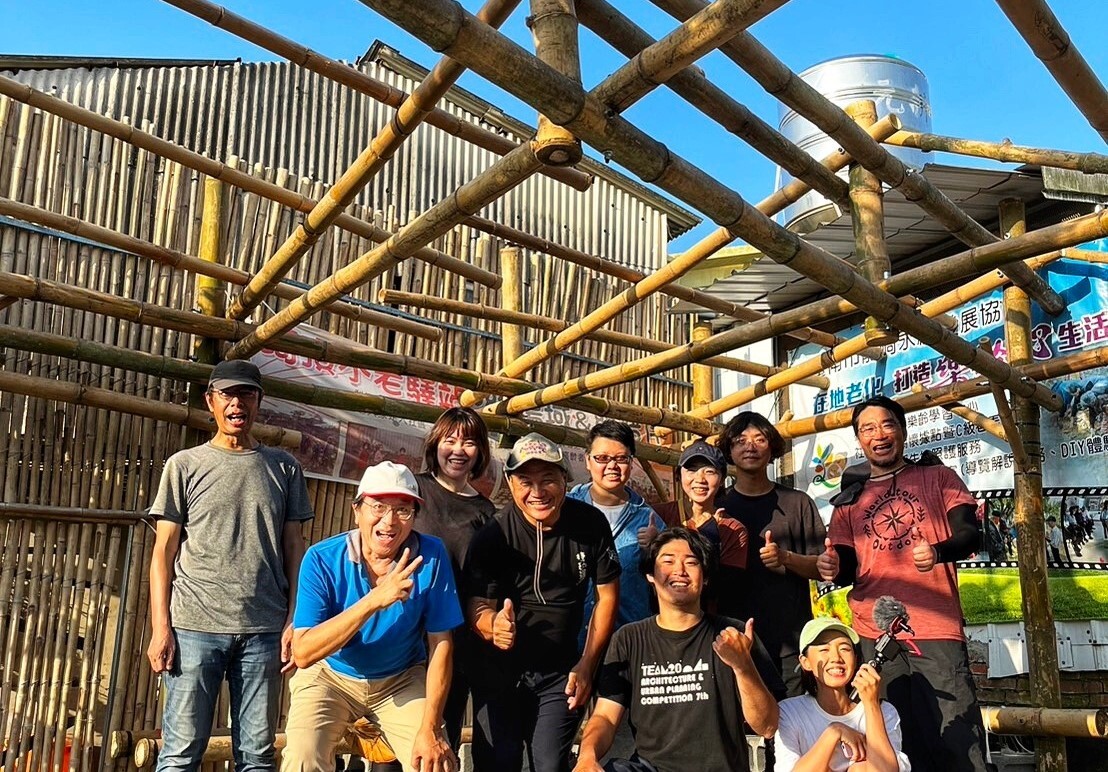
Wasteland Collaboration Team Emphasizes Collective Strength for Mutual Growth






